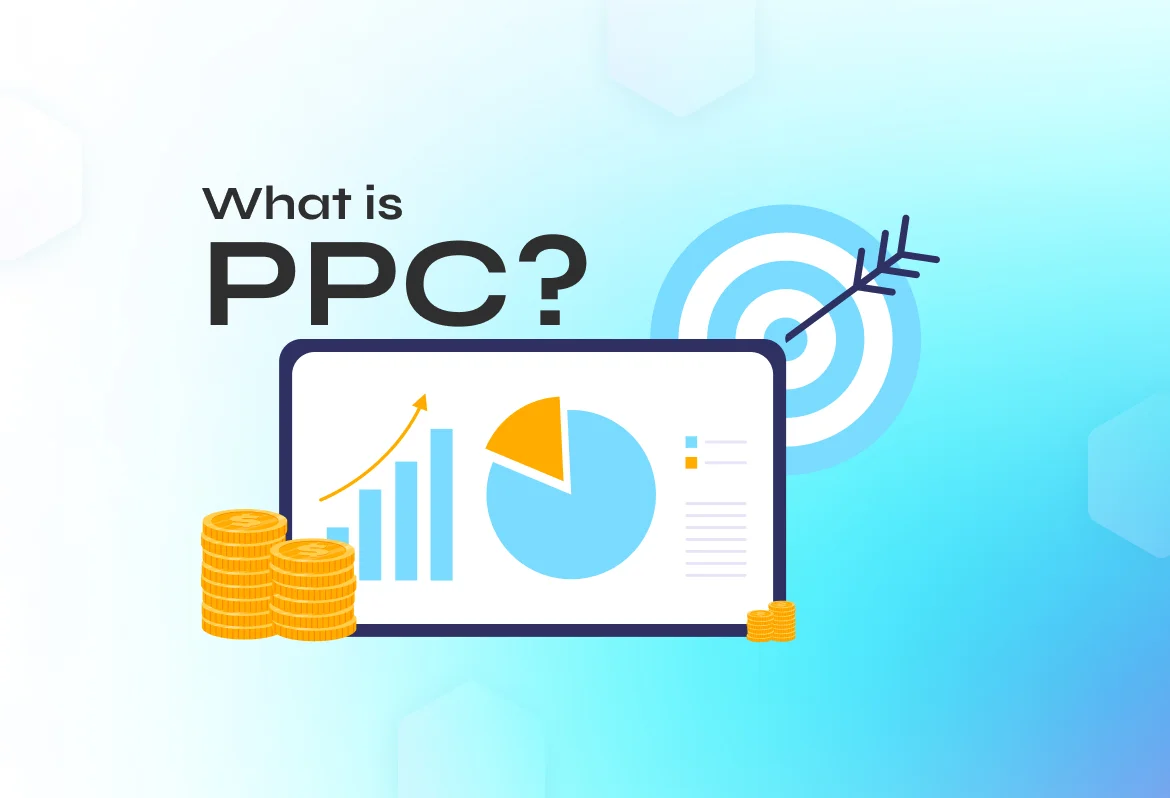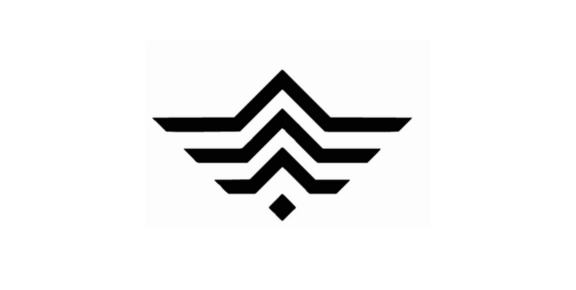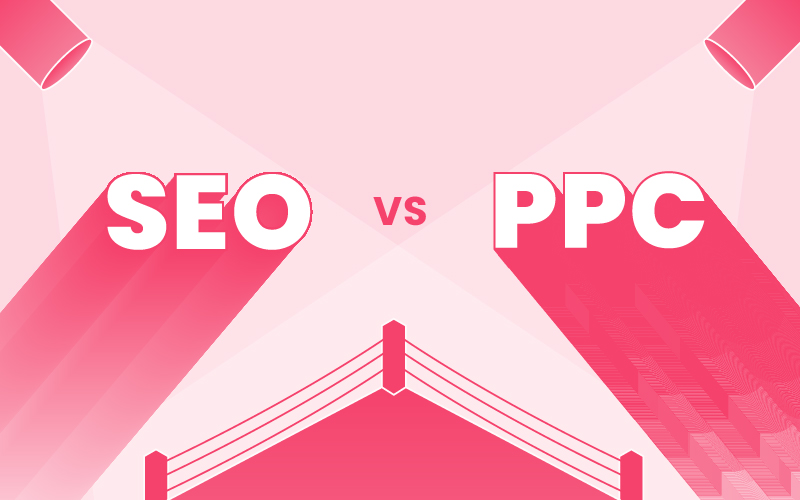Search engine optimization (SEO) and pay-per-click (PPC) are two powerful digital marketing strategies, each with unique benefits. SEO focuses on optimizing your website to rank organically in search engine results, while PPC involves paying for ad placements at the top of search results. But which one is better for your business? This guide will help you decide.
Keep reading to learn more, and for expert insights on SEO and PPC, subscribe to Revenue Weekly!
SEO vs. PPC: Core Differences
The two main differences between SEO and PPC are position and pricing:
- Position: PPC ads appear at the top of search results, while SEO rankings appear below paid ads.
- Pricing: SEO generates free organic traffic, while PPC requires payment for every ad click.
What is SEO?
SEO is the practice of improving your website to rank higher in organic search results on platforms like Google and Bing. It’s a long-term strategy that relies on factors such as content relevance, backlink quality, and user experience.

SEO Pros
- Free traffic: SEO doesn’t require direct payments for traffic, making it cost-effective.
- Long-term benefits: Once established, SEO can drive continuous traffic with minimal ongoing costs.
- Targeted traffic: SEO enables the use of long-tail keywords to attract high-intent visitors.
- Enhances user experience: SEO-driven improvements make your website more user-friendly.
SEO Cons
- Algorithm changes: Google frequently updates its ranking algorithms, impacting SEO efforts.
- Requires ongoing maintenance: Regular content updates and link-building are necessary.
- Slow results: SEO can take months to yield significant traffic growth.
What is PPC?
PPC advertising allows businesses to display ads in search results and pay only when users click on them. It’s a fast way to drive traffic but requires ongoing investment.

PPC Pros
- Immediate visibility: Your ads appear at the top of search results instantly.
- Complete control: Choose your budget, audience, and landing pages.
- Flexibility: Adjust campaigns, pause ads, or change bids at any time.
- Effective for promotions: Great for short-term campaigns and time-sensitive offers.
PPC Cons
- Ongoing costs: PPC stops generating traffic once you stop paying.
- User skepticism: Many users avoid clicking on ads.
- Can be expensive: Highly competitive keywords can drive up costs.
- Learning curve: Platforms like Google Ads require expertise to manage effectively.
SEO vs. PPC: Which is Better?
Both SEO and PPC have their place in a digital marketing strategy.
- If you’re looking for long-term, sustainable growth, SEO is the better option.
- If you need immediate traffic and results, PPC is the way to go.
- Combining both can maximize your reach and effectiveness.
How AI Overviews Impact SEO and PPC
Starting in 2024, Google introduced AI-generated overviews in search results. These summaries provide direct answers, potentially reducing the need for users to click on organic results or ads. However, AI overviews don’t always appear and may not provide complete information, allowing SEO and PPC strategies to remain valuable.
Why You Should Use SEO and PPC Together
If your budget allows, combining SEO and PPC offers the best results:
- SEO supports long-term growth, helping you rank for valuable, low-competition keywords.
- PPC provides immediate traffic, especially for competitive keywords that are difficult to rank for organically.
By using both, you leverage the strengths of each while minimizing drawbacks.
SEO vs. PPC: Make Your Digital Marketing Decision
Ultimately, the choice between SEO and PPC depends on your goals, timeline, and budget. Whether you opt for SEO, PPC, or both, investing in a strong digital marketing strategy will drive growth.
If you’re ready to boost your online presence, Roofers Marketing Done offers expert SEO and PPC services. Contact us online today!

